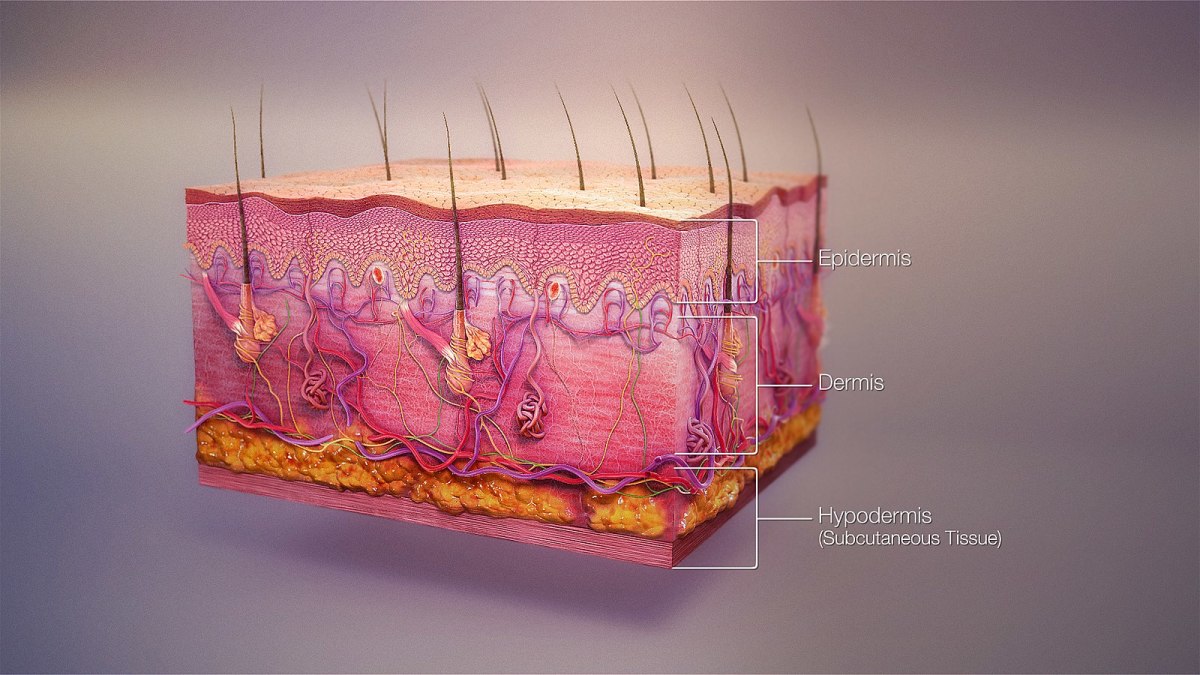How Your Body-Skin Protects You
The body-skin is a complex, multilayered organ that functions to protect the body. Along with hair, nails, oil glands and nerves, skin forms a barrier to protect the body against external agents such as bacteria, changing temperatures and chemicals.
Your body-skin helps regulate your body's temperature, gathers sensory information from the environment and stores water, fat and vitamin D. It also plays a vital role in your body's immune system by shedding old cells.
Various kinds of nerves are present in the skin, helping your body feel sensations like cold and hot, pressure, touch, vibration and tissue injury. Your brain receives these signals and interprets them.
Sensitive skin (sometimes called irritated or allergic skin) is a condition that causes your skin to be more sensitive to stimuli, such as heat, light and odors. This can lead to redness, itching and other reactions that cause discomfort.
It is important to recognize that many of the symptoms you may experience are not necessarily a sign of a larger health issue, says Jennifer Cassiday, a psychologist at Harvard Medical School and a researcher at Massachusetts General Hospital in Boston. However, if you're experiencing any unusual changes in your skin, it's best to talk with your doctor so you can find out if there's an underlying problem that needs treatment.
Your body's largest organ, the skin is a large, fleshy layer of tissues that covers your entire body. Its surface area is about 1.5 to 2.0 square metres for the average adult.
The epidermis is the outermost layer of the skin and serves as a protective barrier against infections. It is made up of stratified squamous epithelial cells, most of which are keratinocytes.
Langerhans cells in the epidermis are part of your body's immune system and help fight off germs that can harm you. The epidermis also contains melanin, a pigment that gives your skin its color. People with dark skin tan more easily than those with light or blond skin.
You have about 40,000 new skin cells each day that replace old ones. The cells migrate from the basal layer of your skin to the stratum corneum where they are shed.
The epidermis varies in thickness throughout your body, but is thickest on the palms of your hands and soles of your feet and thinnest underneath your eyes.
In addition, the epidermis contains a special kind of immune cell called keratinocytes that are important for maintaining the skin's smooth, supple texture. Melanocytes make a pigment that is responsible for your skin's color and help protect it against UV rays.
Your skin regulates your body temperature
When the air temperature is cold, blood vessels in the dermis constrict. This restricts the flow of blood to your skin and conserves your body's energy. Sweat glands produce fluid that absorbs the excess heat from your body and exudes it onto the surface of your skin.
Your skin helps regulate your body temperature
When your body's temperature rises, the blood vessels in the hypodermis dilate. This allows more blood to be carried to the skin.


Comments
Post a Comment